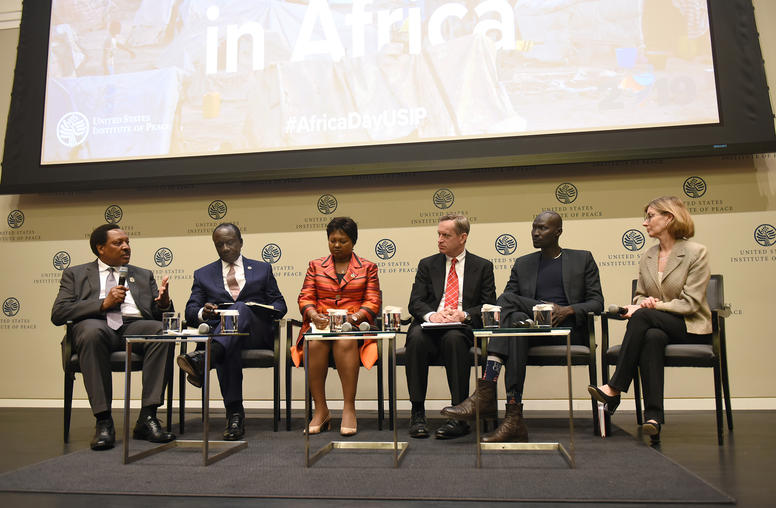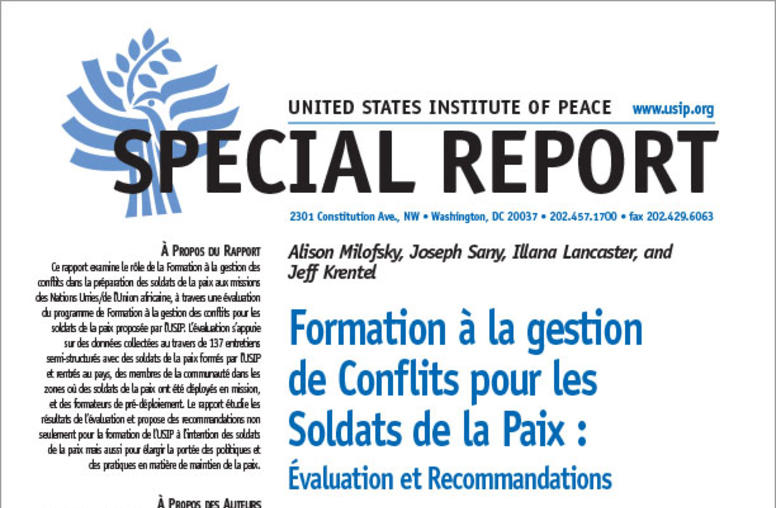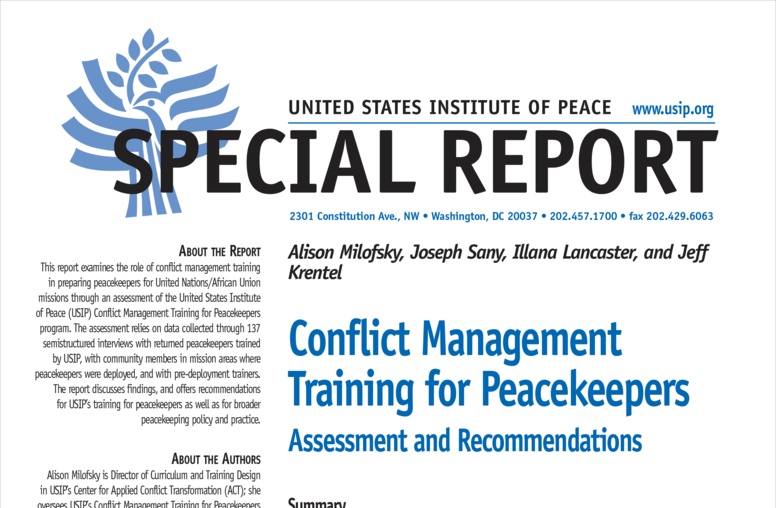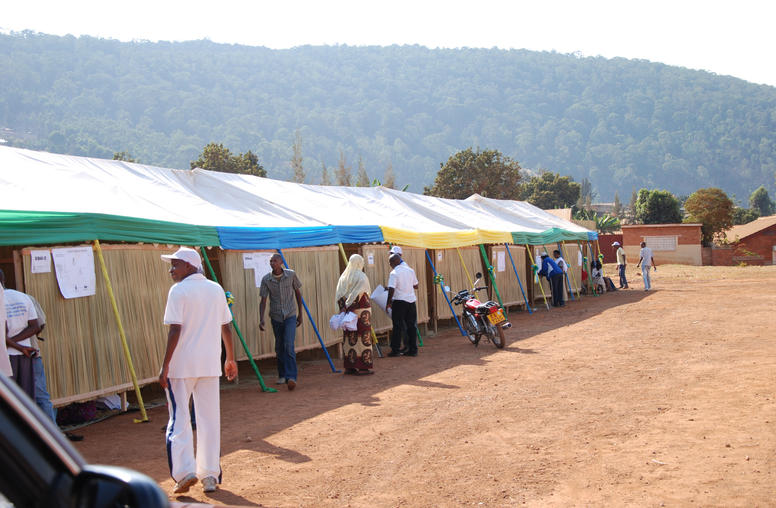Senator Feingold: Final Speech as U.S. Special Envoy to the DRC
Sustained American Attention to the Great Lakes Region
Read the Event CoverageOn February 24 Senator Russell Feingold, the U.S. special envoy working to stabilize Africa’s Great Lakes region, spoke at the U.S. Institute of Peace following his visit to the Democratic Republic of Congo (DRC).
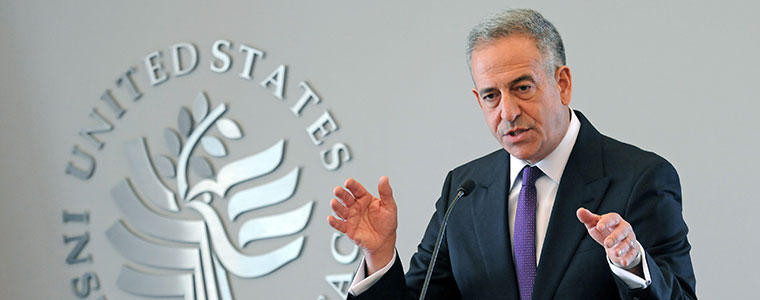
He returned just days before from the DRC, where he pressed the government to deliver on its commitment to take action against rebels in the country’s east, and to hold an inclusive and transparent dialogue with political groups in the country leading up to presidential elections next year.
On February 24, Senator Feingold gave his final speech as U.S. special envoy at the U.S. Institute of Peace, offering his current insights on the DRC, on the prospects for ending the militia violence in the country’s east, and for improving political stability in the Great Lakes region.
Senator Feingold spent 18 months as the U.S. special envoy for the Great Lakes region and the Democratic Republic of Congo. He helped negotiate an end to the M23 rebellion in the eastern DRC and worked to improve human rights protections for women in that region. He has advocated military reforms in the country, and has pushed for greater dialogue and collaboration among the DRC, Rwanda, and other states in the Great Lakes Region. In his discussion at USIP, Senator Feingold reviewed recent accomplishments in the region and the challenges ahead. He outlined what he sees as policy priorities for the United States and international community.
Continue the conversation on Twitter with #FeingoldatUSIP.
